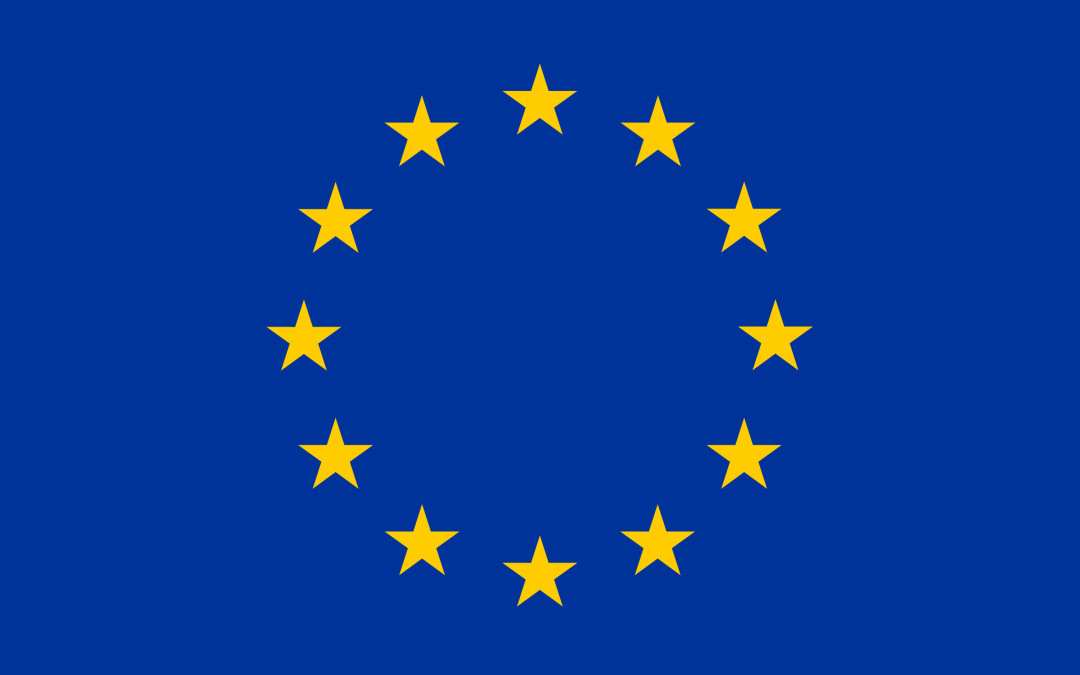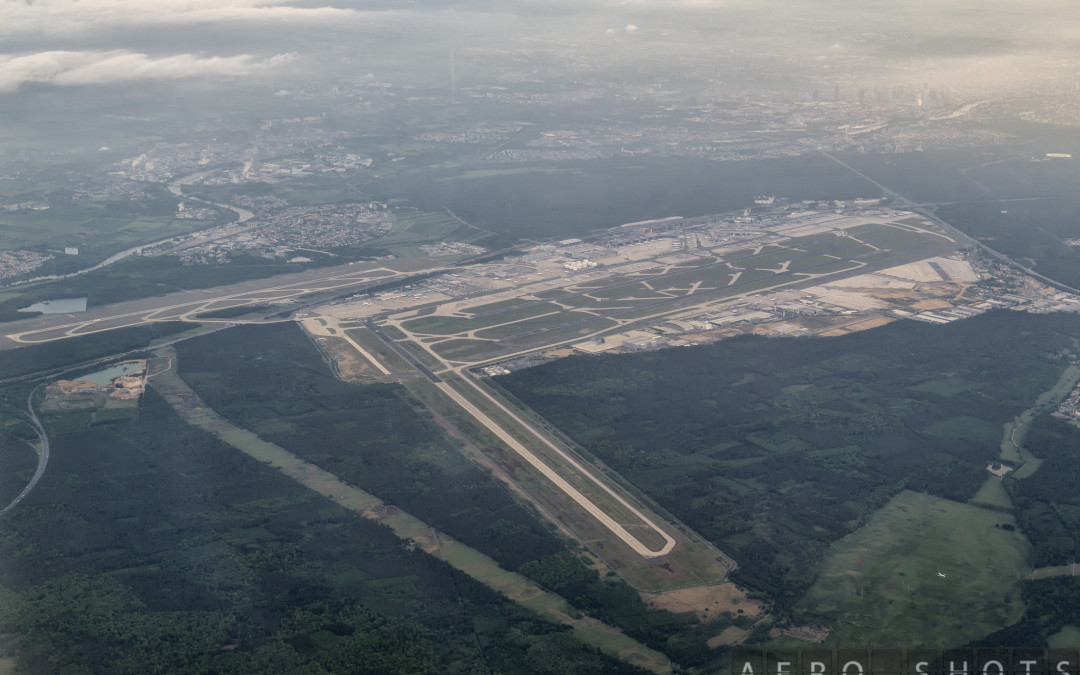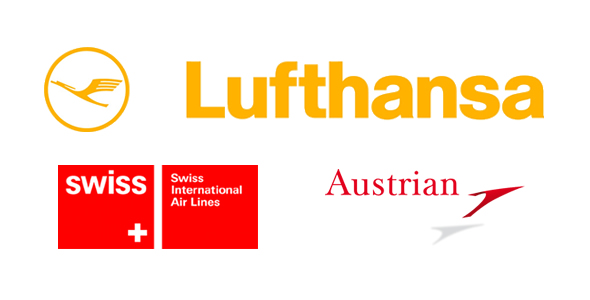
by Lufthansa Flyer | Apr 15, 2016 | Featured, Travel |
A few days ago, you’ll recall that I wrote about a wildcat proposal by EU Ministers to bring about visa requirements for Americans and Canadians wishing to visit EU member states. A vote was to take place this month on whether or not to move forward on the proposal and seek the approval of EU member states.
Apparently the EU may have been playing chicken, and they ‘Bawwwwked’……
In an unsurprising development, The EU Commission conveniently delayed the vote until July 12, 2016 to ‘allow all sides to reach an amicable reconciliation’ and ‘to extensively scrutinize and take into account potential adverse political consequences that might arise from such proposals or decisions’.
No kidding or as we say in ‘Murrica, No S**t.
The US and Canada were not the only targets. Brunei, Japan, and Australia all face the same ‘wrath’ from the EU.
So for the time being, it looks like this issue has been put away and like most initiatives launched by the inmates that run the EU asylum, it will probably be forgotten as the next shiny distraction comes along to occupy to EU Commission.


by Lufthansa Flyer | Apr 8, 2016 | Featured, Industry News, Travel |
Unfortunately it is not a typo.
In an escalating trade ‘row’ between the EU, USA, and Canada some in the EU Commission are toying with the idea of introducing Visa requirements for Americans and Canadians wishing to enter the EU.
The whining from the EU stems from the fact that the USA and Canada require visas for citizens of Romania and Bulgaria, both of whom are members of the EU. The EU’s complaint to the US and Canada is that all of their member nations should be treated similarly when it comes to travel requirements and thus Romanians and Bulgarians should not have to apply for visas if their fellow EU-ians don’t face the same requirements.
In addition to the mutual exclusion of Bulgarians and Romanians from the visa waiver by the US and Canada, the US also requires visas from citizens of Poland, Cyprus, and Croatia all of which are members of the EU.
Is this a serious proposal?
Yes, insomuch that it is being debated in the EU Commission and the decision to submit this proposal to the EU Parliament and Council could come later in the month.
What are the odds of success?
Slim to none. Such a radical policy change would require approval of the member states and it is widely expected that the member states would not vote in favor, knowing the potential economic impact their respective economies would face if all of a sudden it was harder for Americans and Canadians to travel to Europe. Recent statistics suggest that upward of 15 million Americans visited Europe in 2015. Putting visa requirements on this group will stress this figure going forward and cripple tourism in Europe.
Why is this a thing?
Well, it looks as though it’s being used as a bit of extortion. In parallel to these threats is the ongoing negotiations for the Transatlantic Trade and Investment Partnership (TTIP) agreement which would theoretically boost economic activity between the EU, the USA, and the rest of the world if implemented. And wouldn’t you know, there is a series of high level meetings between heads of states coming in the next 2-3 weeks that seek to move the TTIP agreement closer to implementation.
In my humble opinion this is simply a weak-minded ploy by the EU to try and exert some kind of extortion to improve their position during the TTIP negotiations. Apparently the powers that be within the EU leadership did not finish near the top of their class when it comes to negotiation skills.
Perhaps I should send them a copy of Donald Trump’s ‘The Art Of The Deal’? 🙂


by Lufthansa Flyer | Feb 23, 2016 | Featured, Industry News, Security, Travel |
In what has taken nearly a year, Germany is prepared to amend its Aviation Act so that policies can be added that will subject pilots to random screening for Alcohol, Illegal Drugs, and Prescription Medications. This initiative comes as a direct result of the Germanwings crash that took place on March 24, 2015 where it was determined that the pilot who caused the crash was under medical treatments that were not disclosed to Lufthansa.
In addition to the screening policy, the proposed revisions also include the creation of database that will track pilots and their medical conditions so that they can no longer be hidden from the pilot’s employer. This was an issue with the Germanwings crash since the doctors examining the pilot who crashed the aircraft did not immediately report the pilot’s medical condition or prescriptions that he was on. Creating the database would require doctors to submit updates on pilots that they treat so that airlines would be aware of their pilot’s current medical situations.
The update to the Aviation Act now goes to the German Federal Parliament where it will be debated and voted upon. The European Aviation Safety Agency (EASA) is supporting this initiative and it appears that the policy will be adopted throughout the EU.
Once enacted, the execution of the policy will be the responsibility of the airlines. They will be responsible for administering the random screenings as well keeping track of their pilots in the database tracking their medical history.

by Lufthansa Flyer | Sep 8, 2014 | Airlines, Featured, Industry News |
Russia’s Prime Minister Dmitry Medvedev has suggested that if the EU escalates their sanctions against Russia to include its Energy sector, Russia will retaliate in kind with sanctions against the EU’s Airline Industry. This coming from an interview that was conducted by Russia’s Vedomosti newspaper and published today.
As it stands now, European airlines enjoy the ability to transit Russian airspace on their routes to Asia, which typically saves 2-4 hours of flight time and thousands of dollars in fuel costs versus having to fly around Russian airspace.
Should these events come to pass, it will cost an airline like Lufthansa over $1 billion in additional fuel and maintenance expense EVERY 3 MONTHS should the ability to fly over Russia be taken away. In fact, the Lufthansa Group operates 220 flights per week that transit Russian Airspace, so it’s quite easy to see how the additional expenses can add up quickly.
Of all the European Airlines, only KLM-Air France use Russian airspace more than Lufthansa; they transit Russian airspace 249 times per week (according to Bloomberg data).
As the war of words and sanctions continues to ratchet up, its unfortunate that no one in a position of influence clearly understands the concept of unintended consequences. With most European airlines operating at losses, or at best a paper thin profit margin, we may see some of the smaller airlines fail as a result of this volley of sanctions between the EU and Russia. At the same time Russia does not emerge as a winner in this situation either because they would lose millions in air traffic revenue generated by airlines transiting their airspace.
We’ll learn more in the coming days as the EU is set to meet today and announce their plans for increasing sanctions against Russia some time tomorrow. Early rumors suggest that Russia’s oil companies may be restricted from raising long term capital from European markets.





